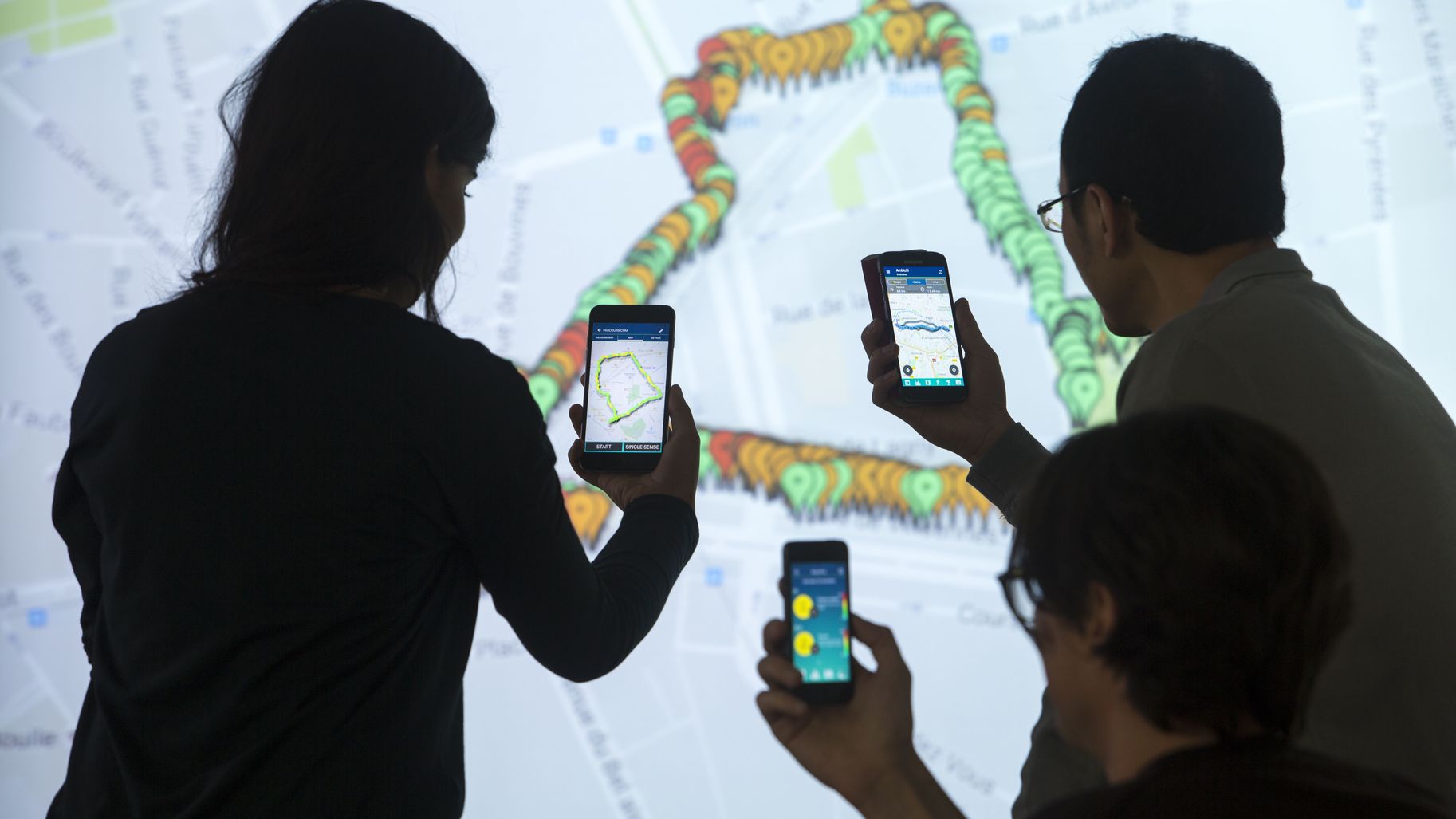Embracing digital frugality: Inria gives a presentation at the OVHcloud Ecosystem Experience
Date:
Changed on 13/04/2021

The green transition is one of the biggest challenges facing our era. It affects practically all fields, including digital technologies: the environmental impact of manufacturing, using and disposing of devices has been rising steadily.
Whether you’re talking about architectures, compilers, software, embedded systems, programming, algorithms or networks - the concept of frugality can be explored in each of these traditional fields within Inria, which will lead to new questions being raised.
Indeed, measuring the impact of digital technology is a research field in its own right. And CO2 emissions aren’t the only indicator: a number of other factors have to be taken into account, such as the ecotoxicity of certain components. There are Inria scientists currently working on these systemic aspects, carrying out an extensive analysis of life cycles.
Article 9 of France’s environmental charter, which is a constitutional text, states: “Research and innovation must play a role in preserving and protecting the environment.” It follows that these are the sorts of issues Inria should be looking at, within its field of expertise: digital.
From this point of view, digital frugality is a major challenge. Some might even see it as a constraint, but I prefer to think of it as a rich source of scientific problems: it is up to us to develop new systems, software, protocols and algorithms which minimise the use of resources and energy throughout their life cycle and which promote sustainability, repairability and recycling.
Through its research, its scientific outreach and its educational initiatives, as well as by supporting entrepreneurial projects, Inria can play a leading role in meeting these new challenges.
Inria’s collaboration with OVHcloud will focus on the end-to-end eco-design of a cloud, the goal being to reduce the overall environmental impact.
OVHcloud operates data centres, meaning they have measurements on usage that are extremely useful for research purposes. Their infrastructure enables them to test innovative strategies developed by Inria project teams: task sequencing, optimising resource management and the lifespan of components, etc. The progress made through research will then help data centres to become more frugal and to optimise operations.
It will be mutually beneficial for Inria and OVHcloud to work together on problems linked to the issue of digital sobriety.